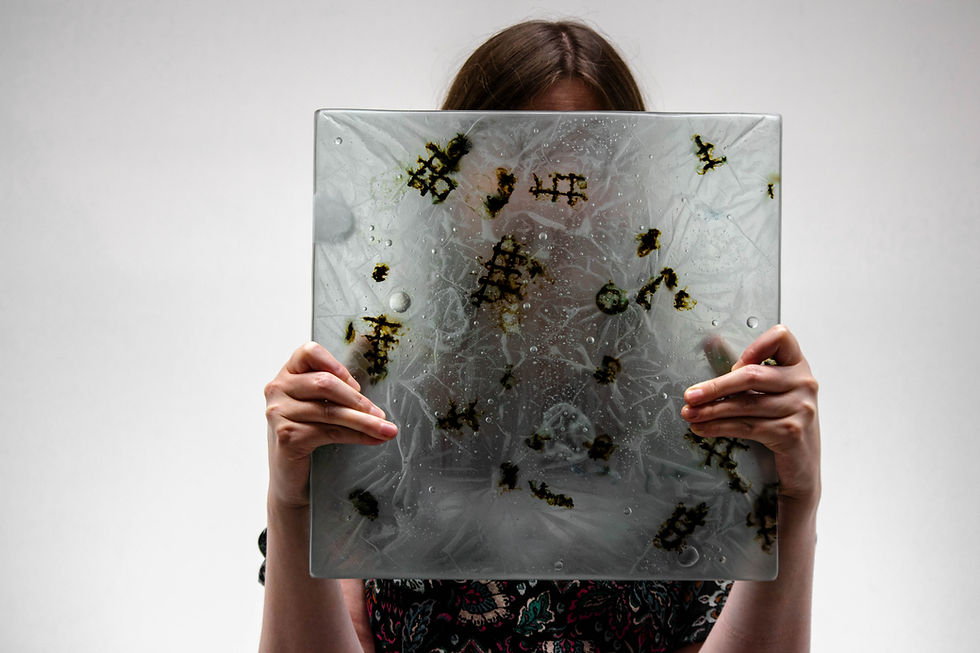Despite the common notion that glass is a 100% recyclable, currently, only the glass container industry implements its successful closed-loop recycling back to the same product. For most other glass products, including architectural and automotive glass, the closed-loop recycling rate is remarkably less and generally restrained to pre-consumer waste. Multiple technical and supply-chain barriers hinder glass recycling. These include recipe incompatibility, contamination by foreign matter or even color, labor-intensive disassembly of multi-material products, logistical challenges such as transportation costs and waste treatment, lack of recycling facilities for specialty glass, and strict quality standards. Equally importantly, there is a lack of high-value products designed from recycled glass. As a result, high-value glass products at their end-of-life are either landfilled or downcycled to low-value applications (e.g. aggregate). In essence, glass waste, remains a significant and unresolved problem.
UPCAST Glass, follow-up of the Re3 Glass project by TU Delft, explores the recycling of currently non-recycled glass waste streams, by casting “as-received” glass waste into volumetric glass components, which can tolerate a variety of compositions and more flaws in the end-product, and can yield high-value end products for architectural applications.
The experimental work highlights that a broad range of disposed glasses, including architectural and automotive glass, can be cast back to high-value, volumetric glass products while maintaining good mechanical properties. The novel, low-carbon, high-value, and fully-recycled glass products are in alignment with the EU targets on climate neutrality and zero waste in construction. The research is currently supported by an Open Technology Grant by the Dutch Research Council (NWO).
The challenge of glass recycling
Upcasting glass waste in high-value recycled glass products
Research at TU Delft aims to unlock the recycling potential of glass, by providing a new recycling route for pre- and particularly post-consumer glass waste streams that are currently downcycled or landfilled. Casting is a flexible production method, enabling an easy switch between recipes and compositions. It can yield volumetric glass products that can tolerate higher contamination rates without a significant compromise to their properties. Thus, the novelty of the proposed glass-to-glass recycling method lies in the “as-received” recycling of glass waste, evading costly and energy-intensive separation methods, and using relatively low processing temperatures.
Research & Development
In consultation with recycling organizations and glass manufacturers, the most promising glass waste streams have been identified based on end-of-life status and environmental impact, availability, chemical composition and contamination type. These include a broad variety of commercial glass products – from architectural glass and windscreens to oven doors, refrigerator shelves, mobile phone screens and medical vials - reflecting a broad variety of compositions and contamination levels. The impact of different parameters -such as glass mixtures, cullet sizes, firing schedules and contaminants- on the integrity, homogeneity, color, and strength of the recycled glass components is investigated via kiln-casting and fusing experiments, material characterization methods and microscopic analysis. 4-point bending tests and fractographic analysis under the microscope, on a wide range of recycled glass beams, confirm that minor defects due to contamination located in the bulk have a limited, regulated effect in the strength of the components. These prove that compared to thin-walled glass elements, volumetric cast glass components have a higher tolerance to the size and number of incorporated defects and can accommodate a higher contamination rate. Further testing focuses on the applicability of the UPCAST glass products on real case-studies, by studying redundancy either via fusing multiple layers together or via lamination.
Credits
R&D: TU Delft (Telesilla Bristogianni, Faidra Oikonomopoulou, Menandros Ioannidis)
Financial support: Dutch Research Council (NWO).
Industrial Partners: Vlakglas Recycling,
Eckersley O’ Callaghan Engineers,
Material Sponsorship: Vlakglas Recycling,
Coolrec,
Libbey Mexico.
Interlayer supplier: Eastman.








